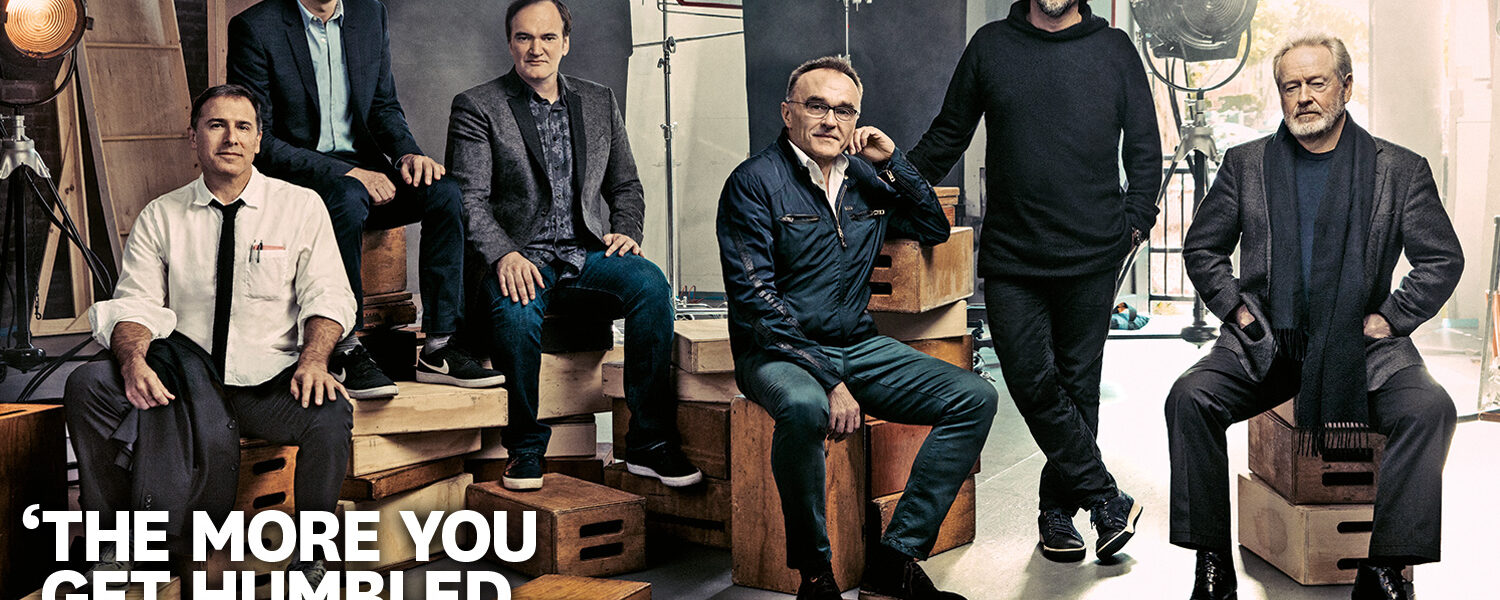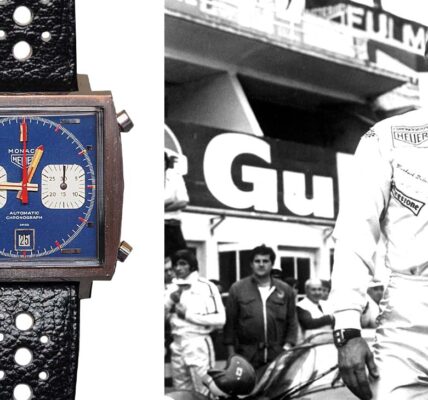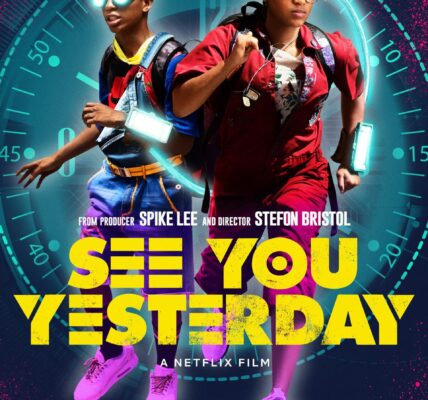Directors’ Roundtable
It’s 5 pm at the British Film Institute on London’s Southbank. The bar is buzzing, awash with film fans about to gorge themselves on retrospectives of François Truffaut and Howard Hawks. But just yards away, in the Project Space, a new generation of filmmakers is forming. movieScope has gathered together four rising British directors, with the intention of getting them to talk amongst themselves (with a little help from us) about their experiences in the UK film industry.
Of the quartet, Simon Rumley is arguably the most experienced, with his first two films, Strong Language (2000) and The Truth Game (2001), both shown at the BFI, before he completed his self-described ‘youth trilogy’ with Club Le Monde (2002). More recently, his work has taken a darker turn with award-winning films The Living and the Dead (2006) and Red, White & Blue (2010), his first US shot picture, starring Noah Taylor, which will be released in the UK in May.
Sitting next to him is Gareth Edwards, fresh from winning three gongs (including Best Director) at the British Independent Film Awards for his debut film Monsters, which also saw him nominated for a BAFTA for Outstanding Debut. Coming from a visual effects background (“People always say that like it’s another country,” he laughs), Edwards famously created the FX for Monsters on his home computer, after shooting for three weeks in Mexico with a skeletal crew and a budget to match.
Paul Andrew Williams made his debut, the compelling urban drama London to Brighton, back in 2006, receiving the same sort of universal praise as Edwards. Winning the Evening Standard award for Most Promising Newcomer, a category he was also nominated in at the BAFTAs, Williams saw the film win a host of prizes in Edinburgh, Dinard, and at Raindance and BIFA. He followed it with a deliberate U turn, with the genre-bending The Cottage in 2008, before delivering the taut home invasion tale Cherry Tree Lane last year.
Alongside sits Marc Price, whose British zombie movie Colin became the story of the 2009 Cannes Film Festival, when it played in the market. Telling its tale from the zombie’s point of view, the film took the Croisette by storm when it was revealed that Price had made the film for the princely sum of £45—half of which, apparently, went on a crowbar. With plans to make Thunderchild, a film set entirely inside a WWII bomber, he is currently filming Magpie, with many of the cast from Colin. And it’s with him that we begin…
OK, let’s talk about how you all got your starts…
MARC PRICE I just had some mates and a camcorder really. The idea for Colin came along and I thought, ‘Hey, this is kind of cool. We can do this.’ I knew enough actors that could play the parts we needed for the film. I also knew locations we could go to that would be very desolate and empty during the middle of the day. And that was it really. I got lucky. I had a sales agent who was very enthusiastic. She insisted on going to Cannes, which I thought was a really terrible idea. Then I did an interview with an ITN journalist and it came up how small a film we made. Then the Press Association got involved after that, and then it exploded.
Simon, your start was extremely low-budget too, with Strong Language…
SIMON RUMLEY I was just working it out. Mine was actually 100 times more expensive than Marc’s! I had £4,000. My granny had died and she left me that. I’d had it for a while. I’d spent a while trying to get a feature off the ground. I’d written a bunch of shorts, which I’d also made. At some point, when the film that I thought was going to happen didn’t, I thought, ‘Fuck it. I’m going to use the resources that I have to basically shoot something.’ And that was Strong Language. It was £4,000 and most of it went on film stock. It was shot on Super 16 and video, but with Super 16, we couldn’t get many deals. Certainly if we shot it now, it would be cheaper.
GARETH EDWARDS My start came mainly through a meeting at Vertigo Films. I pitched this concept, showed them previous work, and they were all like, ‘Let’s do it.’ To the point where I didn’t believe them. It was too straightforward! I actually went away for a year, and worked in telly again, because I thought they had to be full of crap. They were just saying, ‘You’ll shoot on this day, we’ll go here, then we’ll edit it, and then you’ll be finished, and then we’ll release it.’ It was weird. You’ve been waiting all your life for someone to say that to you. When I heard it, I just thought, ‘I’m imagining this but it can’t be real.’ So I didn’t take them up on it. And a year went by, and I came back. They went, What the hell happened there?’ They convinced me that they were genuine. So out of paranoia I gave them a start date that was three months away, thinking I could probably figure out the story by then.
So you hadn’t written the script at this point?
GARETH No! It was just, ‘It’s got to be a monster movie. And we’ll shoot it like a documentary, and use improvisation and use real people, and that will make it more real.’ And beyond that I didn’t have anything specific. But [turning to Marc] your film really caught people’s imaginations. We had the same issues. We had a £15,000 price tag on ours… which is a lot of money compared to what you did.
MARC But your film looks like a real movie—that’s the big difference! You couldn’t screen mine at the Empire Leicester Square! I think the focus was the right thing. You were focusing on story and character.
PAUL ANDREW WILLIAMS It can never be about the budget. There are fucking loads of low-budget movies made. So it has to be all about the actual film itself. It’s difficult. When London to Brighton was done, I plucked a figure out of the air—like, ‘We’ll do it for £60,000.’ We raised the £60,000. And didn’t think anything of it.
… continues











